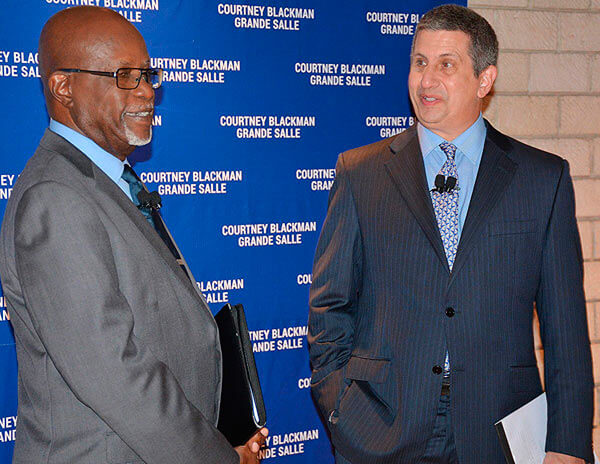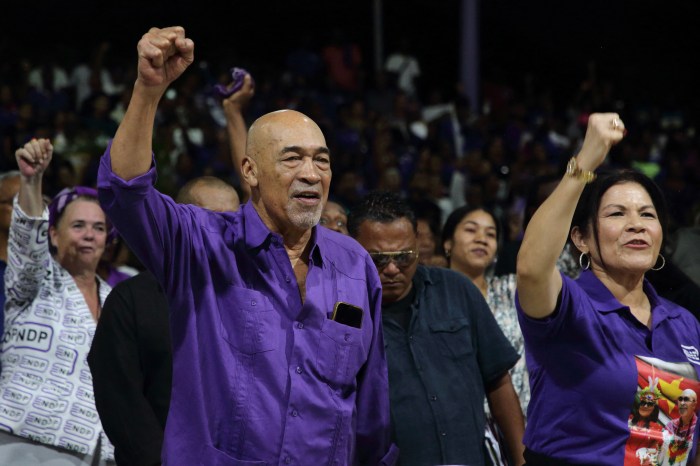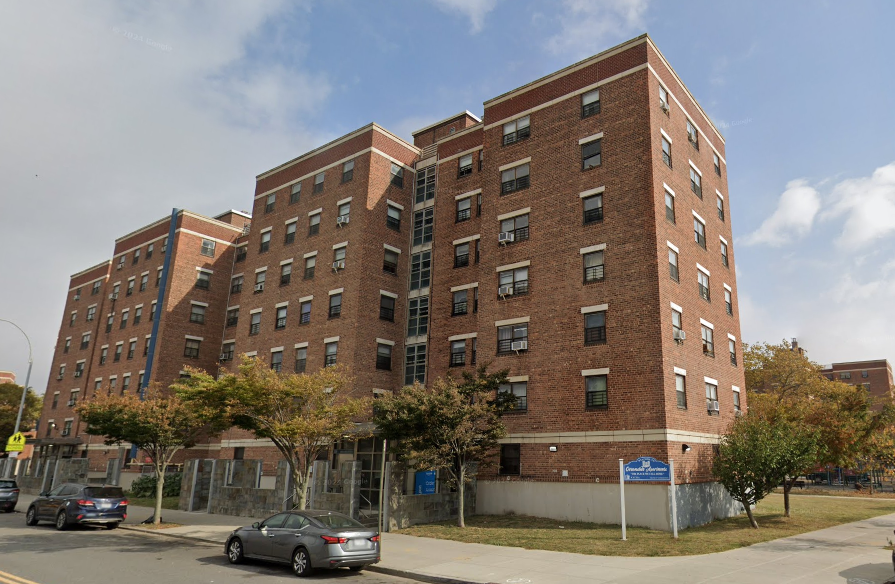Many Caribbean territories, currently besieged by tight financial situations, are about to feel another monetary blow because their currencies are tied to the United States dollar, said economics scholar, Andrew Rose.
The distinguished visiting fellow to the Central Bank of Barbados’ 5th Caribbean Economic Forum, hosted by veteran journalist Julian Rogers, said this week that a United States commerce stimulus package introduced last year will continue pushing up already rising interest rates, producing attractive percentages of return for investors who are lured to move their capital from the Caribbean and other territories to America for the bigger profits.
According to Rose, these territories are set to be hit by a double whammy because while interest rates go up, the American dollar will appreciate in value, which means that non-American visitors to the tourism-dependent Caribbean will find these trips more expensive in regional countries using a currency pegged to the United States dollar.
Rose warned of a “dramatic effect in all of the countries in the American financial sphere, especially countries that are fixed to the United States dollar.”
He added, “any country that is fixed to the United States dollar, as for instance Barbados and the countries further north, and the East Caribbean currency area, they will all be appreciating along with the United States.”
Among the Caribbean territories with currencies tied to the United States dollar are The Cayman Islands whose dollar is pegged to the United States dollar at CI$1.20 to US$1; the Bahamas dollar is on par with that of the Americans; Turks and Caicos islands use the United States dollar as its official currency; and the Barbadian and Belizean dollar share a link to the United States currency of $1 to 50 cents US.
Antigua and Barbuda, Dominica, Grenada, St. Kitts and Nevis, St. Lucia, and St. Vincent and the Grenadines, Anguilla and Montserrat, all use the Eastern Caribbean dollar which is pegged to the United States currency at EC$2.70 to US$1.
Rose’s warning bears similarity to that of former prime minister, and now retired member of parliament, Owen Arthur, in his final presentation to Barbados’ budget debate in June last year when he advised that it is time to cut ties to the American dollar.
At that time Arthur urged Barbados to shed the United States dollar in favour of a basket of currencies because the United States currency is growing in strength, which is bad for tourism and other commerce.
Citing a similar move by Singapore, which he said has reaped success for that island, the former prime minister who led Barbados through its most prosperous period, suggested “for the purposes of protecting our competitive position that we too should unpeg from the United States dollar not because of what has happened recently, but what is likely to happen in the future.”
Putting forward a position applicable to all Caribbean territories with a United States dollar peg, Arthur argued that Barbados needs to have an exchange rate policy, which enables it to use the currency conversion “as an instrument for our growth and development rather than a sacred cow that we worship.”
He said that the current two-to-one peg to the US dollar, “is working a serious disadvantage to Barbados. At a time when we need to expand our exports, international business and capital inflows.”
“The [US] dollar is strong relative to other currencies and therefore it is becoming more and more expensive for British people to have a vacation in Barbados … more expensive for international business operators who predominantly come from Canada to do business in Barbados.”





















